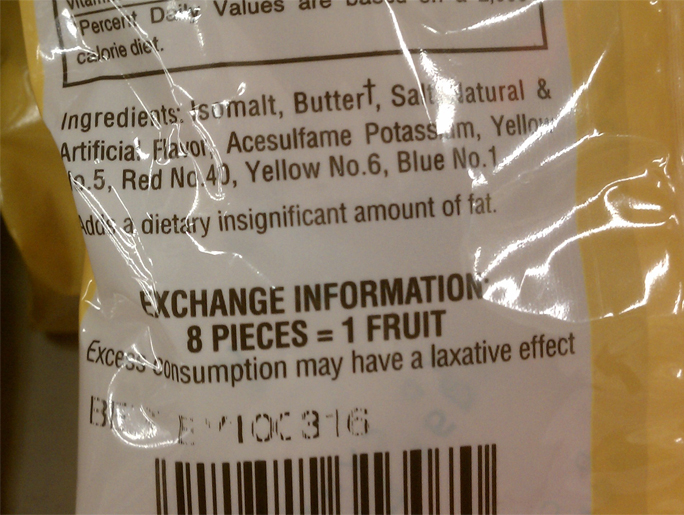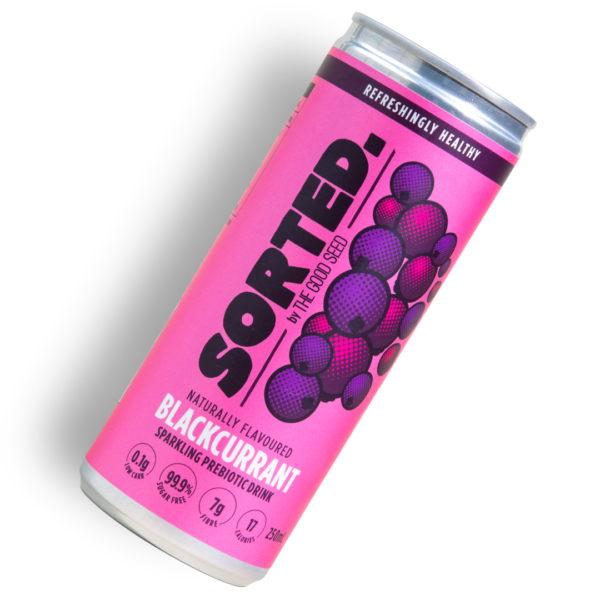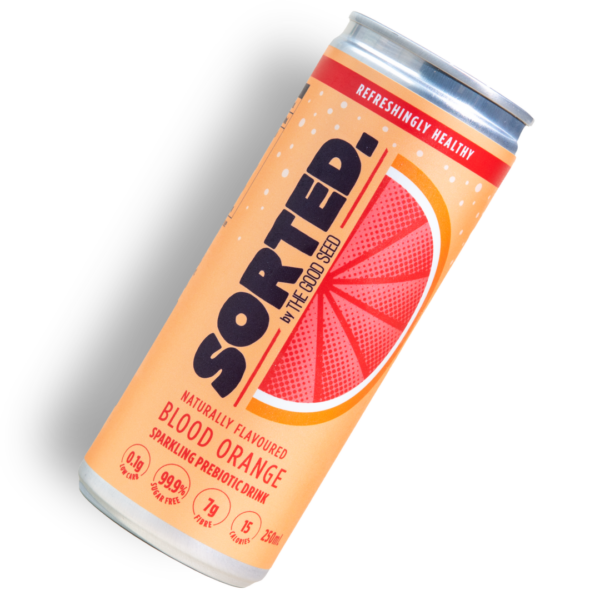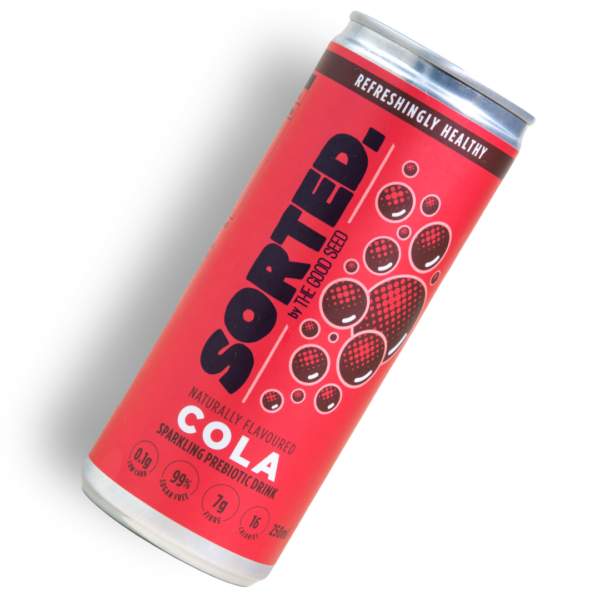Sugar alcohols are a popular alternative to sugar in the food industry. They are commonly used in packaged foods and drinks. They are marketed as a healthier alternative to sugar, with claims of being lower in calories and less likely to cause tooth decay.
Many people opt for drinks and foods with these sweeteners to control their sugar intake.
However, recent research has raised concerns about the negative effects of sugar alcohols on health.
In this article, we will explore what sugar alcohols are, why someone should avoid them, their impact on health, and how to spot them in common packaged food and drinks.
What are Sugar Alcohols?
Sugar alcohols are a type of carbohydrate that are commonly used as a sugar substitute. They are chemically similar to sugar but have a slightly different structure that makes them lower in calories and less sweet than regular sugar.
Sugar alcohols occur naturally in some fruits and vegetables, but most of the sugar alcohols used in packaged foods and drinks are artificial sweeteners.
Common types of sugar alcohols include sorbitol, xylitol, erythritol, and mannitol. These sugar alcohols are often used in sugar-free chewing gum, soft drinks, candy, and other sweets. You’ll also find them in processed foods like protein bars and energy drinks.

Why Avoid Sugar Alcohols?
Although sugar alcohols are marketed as a healthier alternative to sugar, there are several reasons why you might want to avoid them.
Impact on Blood Sugar Levels
One of the main reasons to avoid sugar alcohols is their impact on blood sugar levels. Sugar alcohols are often used in products marketed to people with diabetes or those who are trying to manage their blood sugar levels.
However, research has shown that sugar alcohols can still cause spikes in blood sugar levels, especially in larger amounts. This is because sugar alcohols are not completely absorbed by the body and can have a laxative effect, which can lead to diarrhea and cramping. Ouch!
Digestive Issues and Discomfort
Sugar alcohols can also cause digestive issues and discomfort, especially in larger amounts. This is because sugar alcohols are not completely absorbed by the body and can ferment in the gut, causing bloating, gas, and diarrhea.
Some people may be more sensitive to sugar alcohols than others, and may experience digestive issues even in smaller amounts.
This is the single biggest reason why we don’t use sugar alcohols in our prebiotic soft drink, SORTED.
Contributes to Weight Gain and Obesity

Another reason to avoid sugar alcohols is their potential to contribute to weight gain and obesity. Although sugar alcohols are lower in calories than regular sugar, they are often used in larger amounts to make up for their less sweet taste. This can lead to overconsumption and an increase in overall calorie intake, which can contribute to weight gain and obesity.
Other Effects of Sugar Alcohols on Health
In addition to their impact on blood sugar levels, digestive issues, and weight gain, sugar alcohols can have other negative effects on health.
Insulin Sensitivity and Metabolic Health
Research has shown that sugar alcohols can have an impact on insulin sensitivity and metabolic health. A study published in the Journal of Nutrition found that consuming large amounts of sugar alcohols over a period of several weeks led to a decrease in insulin sensitivity and an increase in blood triglyceride levels. This suggests that sugar alcohols may contribute to the development of metabolic syndrome and type 2 diabetes.
Dental Health

Sugar alcohols are often marketed as being less harmful to dental health than regular sugar. While it is true that sugar alcohols are less likely to cause cavities than regular sugar, they can still contribute to dental problems in high amounts. A study published in the Journal of the American Dental Association found that consuming large amounts of sugar alcohols can lead to an increase in plaque formation and a decrease in oral pH levels, which can lead to tooth decay and gum disease
How to Spot Sugar Alcohols in Packaged Foods and Drinks
If you want to avoid sugar alcohols, it’s important to know how to spot them in packaged foods and drinks. Here are some tips:
Read the Nutrition Label
The first step in spotting sugar alcohols is to read the label of packaged foods and drinks. Common Sugar Alcohols used in Australia show up with names like sorbitol, xylitol, erythritol, and mannitol. These are common types of sugar alcohols that are often used in processed foods.
Look for “Sugar-Free” or “Low-Calorie” Claims
Products that are marketed as “sugar-free” or “low-calorie” are often sweetened with sugar alcohols and artificial sweeteners. While these claims may sound appealing, it’s important to read the label and check for sugar alcohols and other artificial sweeteners.
Check for the Laxative Warning

Many products that contain sugar alcohols come with a laxative warning on the label. This warning is required by law in some countries, and indicates that consuming too much of the product may cause digestive discomfort and diarrhea.
Be Aware of Hidden Sources
Sugar alcohols can also be found in unexpected sources, such as vitamins, throat lozenges, and chewing gum. Always read the label and check for sugar alcohols, even in products that you wouldn’t expect to contain them.
Conclusion
In conclusion, sugar alcohols may seem like a healthier alternative to sugar, but they come with their own set of risks and negative effects on health. Sugar alcohols can cause spikes in blood sugar levels, digestive issues and discomfort, and contribute to weight gain and obesity. They can also have an impact on insulin sensitivity, metabolic health, and dental health. If you want to avoid sugar alcohols, it’s important to read the label of packaged foods and drinks, look for “sugar-free” or “low-calorie” claims, check for the laxative warning, and be aware of hidden sources. By making informed choices about the foods and drinks you consume, you can help protect your health and well-being in the long run.






